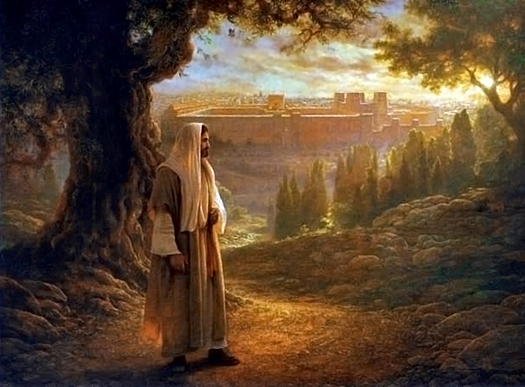
In the last post, we learned the significance of repentance during Lent. Today, we would like to focus on the urgency of repentance for the church. The church as a whole today is in need of a season of repentance. The church is in need of prayer and penitence from its lethargy, lukewarmness, worldliness, and from shying away from the truth in order to be politically correct. Most importantly, the church is in need of repentance for abandoning its primary and essential calling of being a missionary church in the world. If the church fails in this respect, it ceases to be a church. The church may be inclusive in its approach and involved in a variety of activities and programs for the sake of the world. However, these do not make the church what it is as per its calling and essential nature.
The New Testament is very clear on the purpose of the church. The only ground of church’s existence, the only purpose for which its Lord, Jesus Christ, established it, is for the church to go, preach the gospel, and to make disciples of all nations. One of the gospels put it this way,
Then Jesus came to them and said, “All authority in heaven and on earth has been given to me. Therefore go and make disciples of all nations, baptizing them in the name of the Father and of the Son and of the Holy Spirit, and teaching them to obey everything I have commanded you. And surely I am with you always, to the very end of the age.” (Matthew 20: 18-20).
It is as simple as that and the church is guilty of making it complex to understand and complicated to follow. This season should be taken as a divine providence by the Lord for the church to pause its programs and look within to introspect its own calling. Only if the church is true to its calling and essential character of being missional, can this world be evangelized and God’s kingdom be established on earth as it is in heaven. It is for no reason that the seers of old longed for and prophesied about the kingdom of God. For example, Prophet Habakkuk wrote,
“Has not the Lord Almighty determined that the people’s labor is only fuel for the fire, that the nations exhaust themselves for nothing? For the earth will be filled with the knowledge of the glory of the Lord as the waters cover the sea.” (Habakkuk 2: 13-14)
Or, as Prophet Isaiah said,
“They will neither harm nor destroy on all my holy mountain, for the earth will be filled with the knowledge of the LORD as the waters cover the sea.” (Isaiah 11: 9)
Isaiah further prophesied,
“And the glory of the Lord will be revealed, and all people will see it together. For the mouth of the Lord has spoken” (Isaiah 40: 5)
Since God is going to fill the earth that He created with His knowledge, shouldn’t the church be the first one to pause and ponder what this knowledge is and for what purpose? Is your church doing it? How are you helping your church fulfill its mission of being salt and light in the world and bringing God’s kingdom on earth?
Leave a Comment





